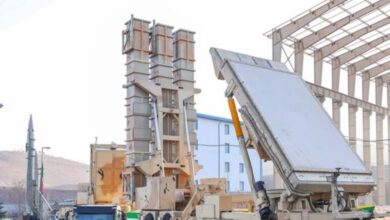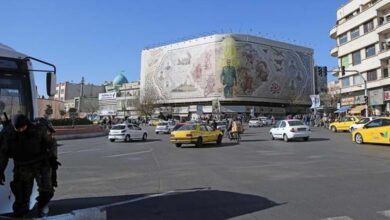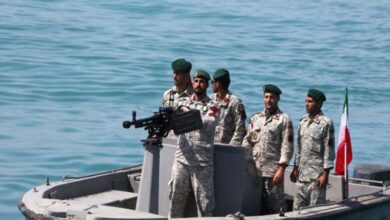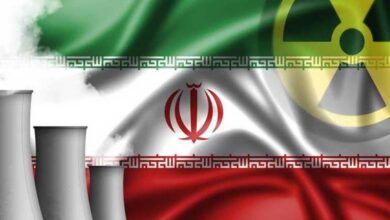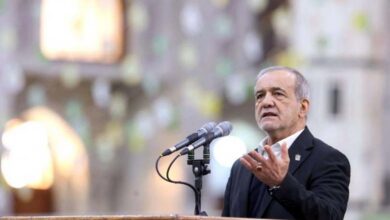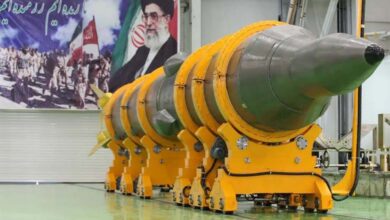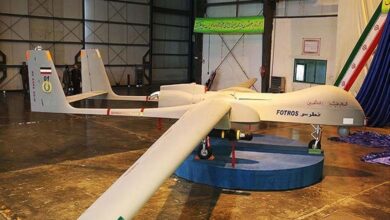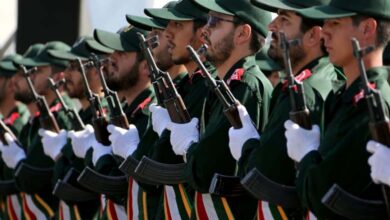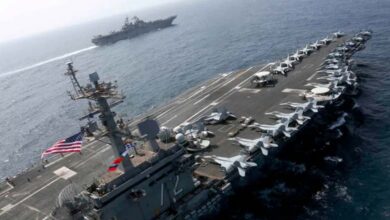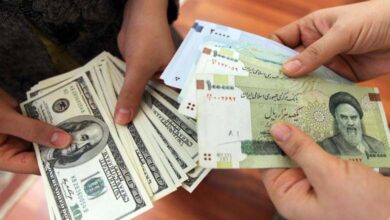The Escalation of Confrontation: The Drone Crisis Exposes the Fragility of Iranian Diplomacy in Europe
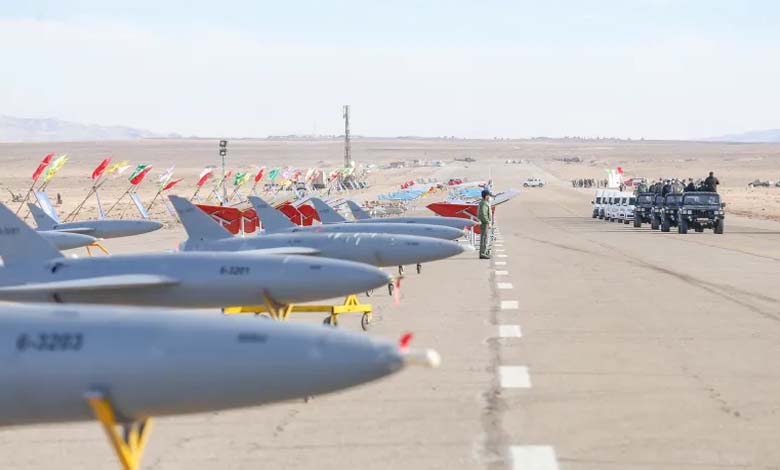
Relations between Tehran and Europe have grown increasingly tense in recent days following a public dispute between Iranian Foreign Minister Abbas Araqchi and his Polish counterpart Radosław Sikorski. Poland accused Iran of supplying Russia with drones used in the ongoing war in Ukraine, a charge that has underscored Tehran’s fragile diplomatic standing in Europe amid its deepening military cooperation with Moscow.
-
Iranian Delegation to Train Army on Drone Use and Jamming Devices
-
Iran Uses Drones to Target Militants in Baluchistan
The Beginning of the Dispute
According to the American outlet Al-Monitor, the crisis began when Poland’s foreign minister publicly called on Tehran to halt the sale and licensing of drone production to Russia, accusing the Islamic Republic of supporting the Russian war effort.
On platform X, Sikorski wrote that while it was good to see the Iranian foreign minister writing in Polish, it would have been better if Iran stopped selling drones or production licenses to Russia during its aggression against Ukraine.
He went on to sharply criticize Tehran, saying Iran should focus on rebuilding its Persian civilization rather than exporting the Islamic revolution and enriching uranium.
-
Iran and Tajikistan announces production of new military drone
-
Leaks: Arrival of an Iranian Delegation to Train the Sudanese Army and General Intelligence on Drone Use and Jamming Devices
Iran’s Response and Attempt to Defuse the Crisis
Araqchi’s response came swiftly, in both Persian and Polish, inviting his Polish counterpart to exchange documents and evidence on the issue.
He condemned what he described as baseless claims and interference in internal affairs, insisting that such rhetoric would not solve the problem.
In an effort to soften tensions, Araqchi invoked history, reminding Warsaw that Iran had welcomed over one hundred thousand Polish refugees during World War II and had even helped establish a Polish army on its soil.
He further argued that certain forces hostile to Iran-Europe relations were fabricating narratives that did not reflect the historical depth of their ties.
-
A drone killed a commander of Iran’s Revolutionary Guards near the Iraqi-Syrian border
-
Iran Does Not Rule Out a New War and Prepares for the Worst
Escalation Following an Exhibition in the UK Parliament
This diplomatic spat followed an event held in the British Parliament by an American organization called United Against Nuclear Iran, which presented what it claimed was a model of an Iranian-made Shahed-136 drone used by Russian forces in Ukraine.
British and Polish officials attended the event, angering Tehran, which denounced it as a political show organized by “Israeli lobbies and their allies.” Iran accused Western governments of adopting absurd tactics aimed at undermining its relations with Europe.
-
Iran threatens to use more advanced ballistic missiles if attacked by Israel
-
Iranian President Approves Suspension of Cooperation with IAEA
Resurfacing Old Accusations
The incident reignited one of the most troubling issues for Iranian diplomacy: accusations that Tehran has supplied Russia with Shahed drones used to target Ukrainian infrastructure.
While Iran insists its defense cooperation with Moscow predates the war and excludes these drones, Western intelligence evidence and images of drone wreckage in Ukraine continue to weaken its position.
In response to Araqchi’s denials, Mark Wallace, head of the U.S. organization behind the exhibition, accused Iran’s leadership of spreading violence domestically and abroad, stating that Iran was undergoing a historical decline due to its sponsorship of armed groups and deployment of suicide drones around the world.
-
Iran Holds Official Funerals for Military Commanders and Scientists Killed in Israeli Strikes
-
15 Iranian Missiles in 4 Waves Trigger Alarms in Israel for 40 Minutes
A Strained Diplomatic Position
The Ukraine war has placed Iran in an increasingly precarious political situation. By deepening military cooperation with Russia to mitigate the effects of Western sanctions, Tehran has grown more dependent on Moscow for technology, trade, and political backing at the United Nations.
However, this alliance has come at a cost: rapidly eroding relations with Europe, diminishing room for maneuver on its nuclear program, and tarnishing its reputation even among traditional partners in Asia and Africa.
The drone dispute also follows a direct military confrontation with Israel that lasted twelve days. That episode exposed weaknesses in Iran’s deterrence strategy. Although some Iranian missiles penetrated Israeli defense systems, the clash undermined Tehran’s claims of regional strength and raised doubts about the actual effectiveness of its military arsenal.
-
Israel-Iran War Enters Second Week: Firepower Overtakes Dialogue
-
Israelis flee to Cyprus by sea to escape Iranian missile threat
A Policy of Distraction
Domestically, Iran’s leadership has sought to frame the crisis as evidence of Western double standards. State media have accused European governments of hypocrisy for continuing to arm Israel while condemning Tehran for allegedly supplying weapons to Russia.
Yet Iran’s attempt to balance rapprochement with Europe, a military alliance with Moscow, and an active regional presence is reaching its limits.
The European Union has repeatedly warned that continued drone transfers could trigger further sanctions, while Ukraine has downgraded its diplomatic relations with Tehran.
Even traditionally friendly nations such as China and India are now treading carefully, wary of being drawn into the fallout of aligning too closely with a regime accused of supporting two major wars simultaneously.
-
Iran on High Alert Amid ‘Major Breach’: Mossad Operatives Captured by Security Forces
-
Mohammad Pakpour: From the War Fronts to the Helm of Iran’s Revolutionary Guards


